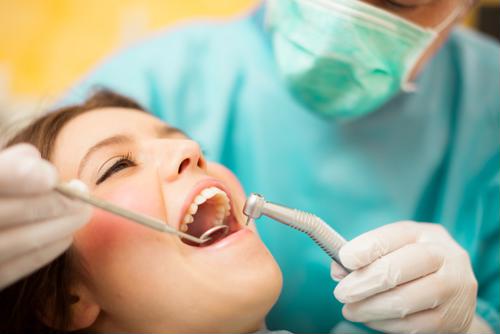All across the world, a certain theme has taken shape: the increasing presence and everyday usage of artificial intelligence and other forms of automation. In fact, according to a recent study conducted by Oxford Economics, AI-related robotics has tripled, topping 2.2 million.
If the AI expansion trend continues, millions of jobs currently held by individuals could be lost, based on some analysts’ predictions. Yet at the same time, the degree to which displacement and replacement occurs varies considerably, with some occupations largely immune to the rise of the machines. Indeed, based on data assessed by the McKinsey Global Institute, more than half of jobs in the United States and 80% of positions globally are unlikely to be significantly impacted by artificial intelligence.
Here are a mere handful of the roles people hold that are almost certain to remain that way.
“80% of positions globally are unlikely to be significantly impacted by artificial intelligence.”
1. Data scientists
Automated intelligence is data by definition, so it may seem like data scientists would be vulnerable to displacement, but as LinkedIn noted, data is largely meaningless without interpretation. Only those experienced in this craft can make sense of data so it can be effectively applied in practice.
2. First-line supervisors
This position is something of a catch-all because regardless of the industry, everyone needs management and oversight. This is particularly true in the mechanics, installation and construction space. First-line supervisors are charged with many different responsibilities, particularly when it comes to safety assurance. The Occupational Health and Safety Association performs safety audits at random to assure work crews are following guidelines associated with ladder use or heavy machinery. AI lacks the authority that living and breathing supervisors must possess to run a tight ship.
3. Dentists and oral hygienists
Molars, incisors and bicuspids are just a few of the pearly whites that Americans aim to keep that way by brushing and flossing at least twice a day and regularly scheduled professional cleanings. Marko Vujicic, chief economist and vice president of the American Dental Association’s Health Policy Institute, said that with the patient landscape evolving, dentists and hygienists are always in training mode with more people entering the oral health profession on a regular basis.
AI’s advancement and progression may be a fait accompli, but as studies and conventional wisdom suggest, most people have nothing to fear when it comes to robot-led job displacement.


Connect with MRINetwork